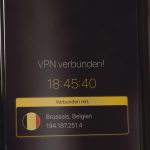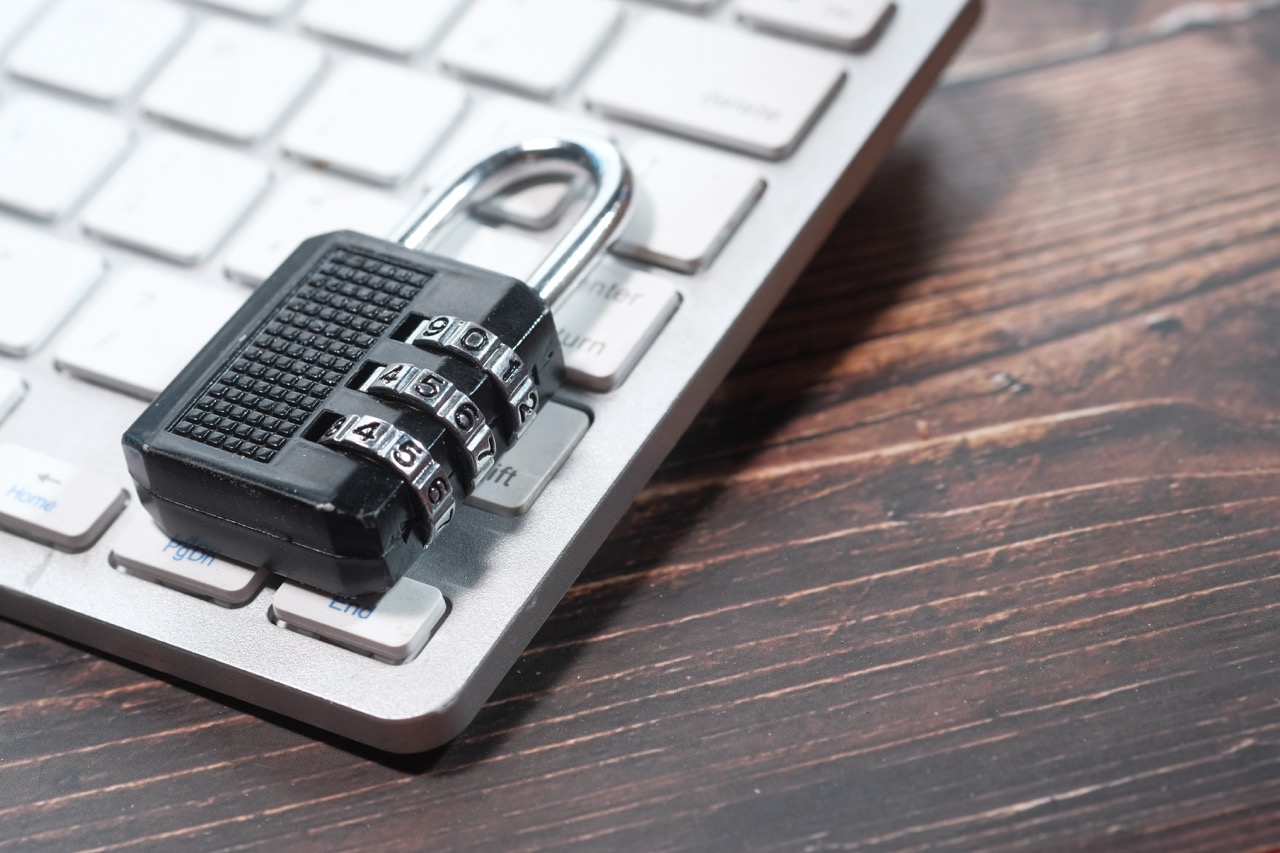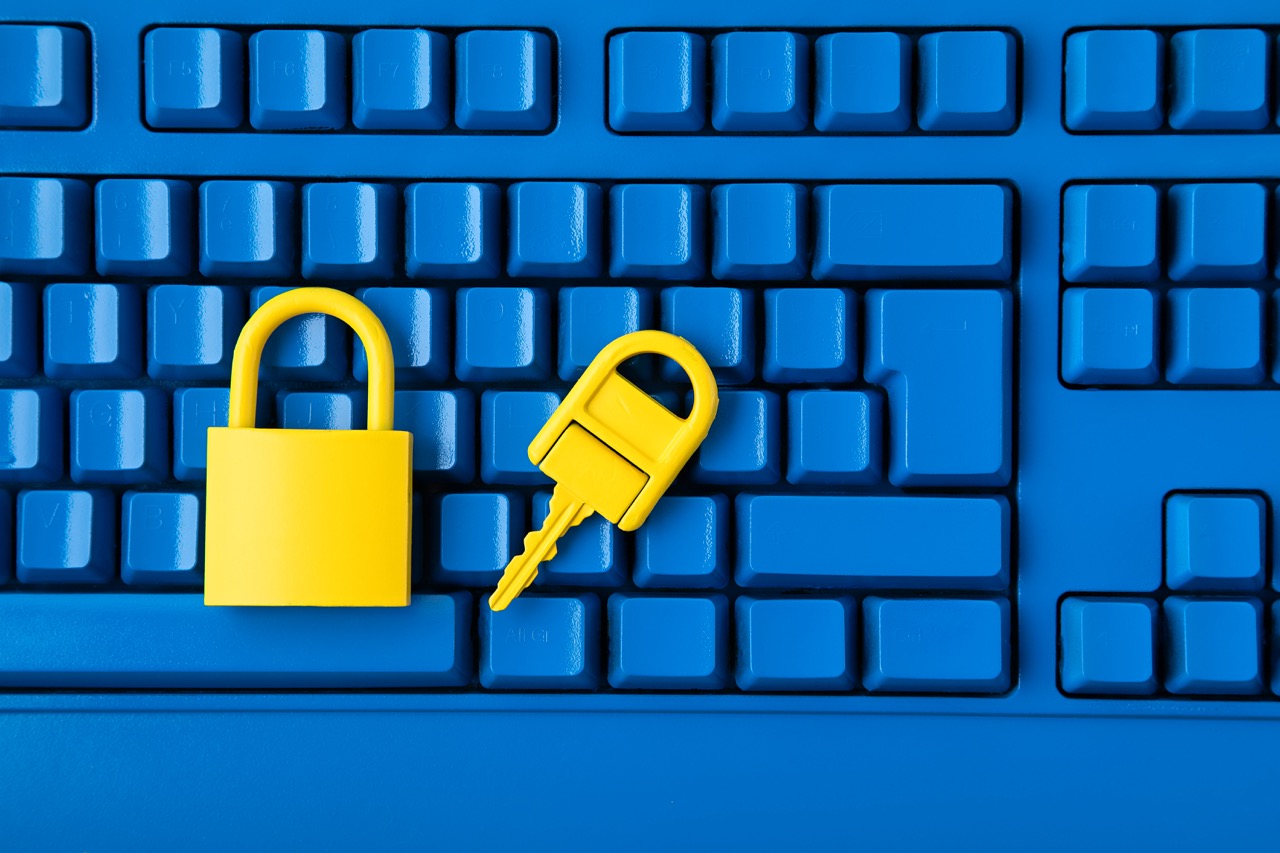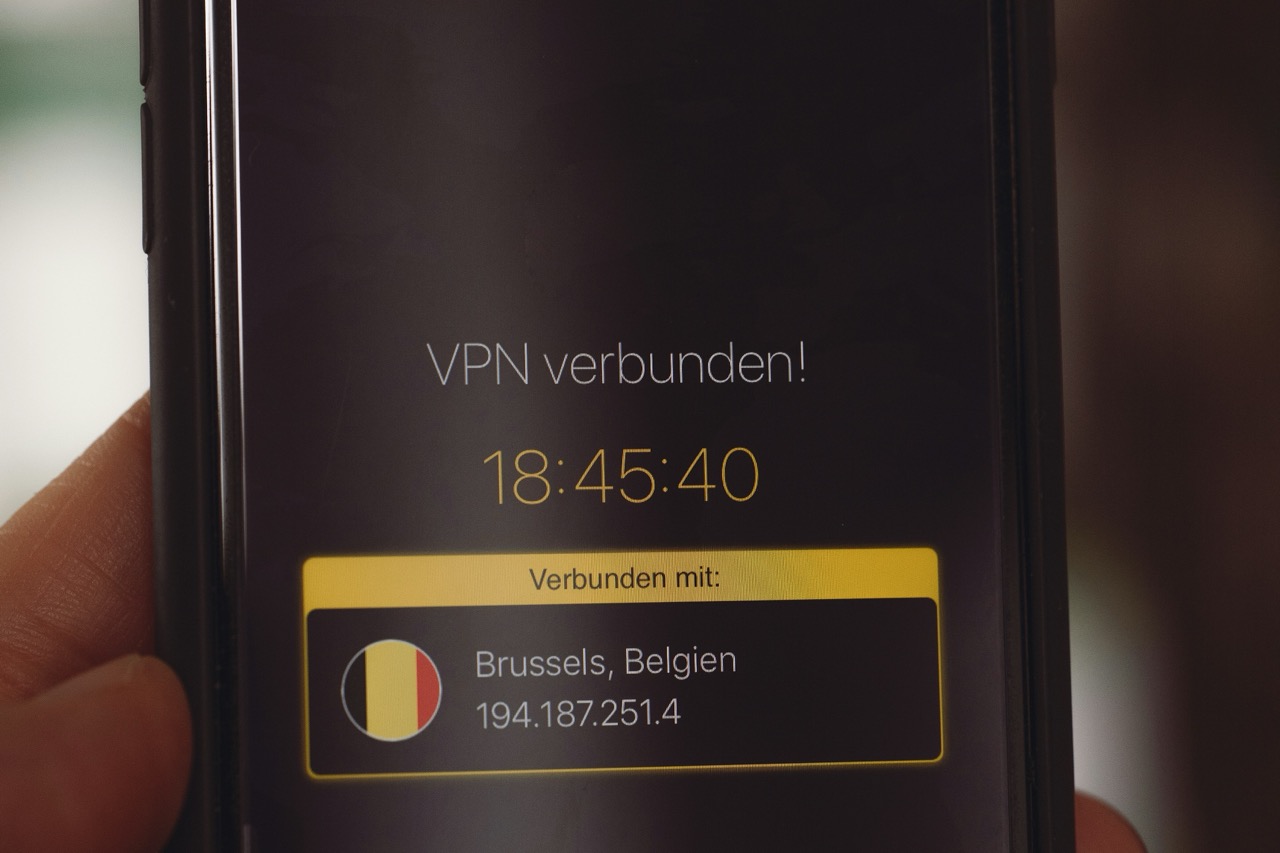In our increasingly digital world, online banking has become a vital component of our financial management. While the convenience of accessing your bank account from anywhere is undeniable, it also presents multiple risks, including identity theft, fraud, and data breaches. As cybercriminals grow more sophisticated, ensuring the security of your online banking activities is paramount. Fortunately, tools like Virtual Private Networks (VPNs) can provide an extra layer of protection. One such reliable VPN service is NordVPN, which is designed to enhance your online security. This article will explore how you can secure your online banking activities with NordVPN.
Understanding the Importance of Online Banking Security
Online banking offers unparalleled convenience, allowing users to perform transactions, pay bills, and manage finances without visiting physical bank branches. However, this convenience comes with risks. Cybercriminals often target online banking users through phishing attacks, malware, and unsecured networks. When sensitive information like usernames, passwords, and account numbers are transmitted over the internet, they can be exploited by malicious actors, leading to financial loss and identity theft.
Moreover, the rise of public Wi-Fi networks further complicates the situation. These networks are often unsecured, making it easy for hackers to intercept data transmitted over them. This risk intensifies when users access their banking information on the go, such as in cafes or airports. A robust online banking security strategy is essential to mitigate these risks and protect personal information.
Implementing effective security measures is not just about safeguarding your financial assets; it’s also about protecting your peace of mind. Trusting that your online transactions are secure can enhance your overall banking experience and encourage you to utilize the full suite of services your bank offers. NordVPN can play a crucial role in establishing that trust.
How NordVPN Enhances Your Online Banking Protection
NordVPN is designed to provide users with a secure and private online experience. One of its primary features is encryption, which protects your data by converting it into unreadable code. This means that even if a hacker intercepts your internet traffic, they will not be able to decipher the information being transmitted. By using NordVPN, you can ensure that your banking details remain confidential and safe from prying eyes.
In addition to encryption, NordVPN offers a feature called CyberSec, which automatically blocks malicious websites and advertisement trackers. This feature is particularly useful when accessing banking sites, as it mitigates the chances of falling victim to phishing attempts or inadvertently downloading malware. With CyberSec enabled, you can browse the internet with greater confidence, knowing that potential threats are being actively blocked.
Furthermore, NordVPN has a strict no-logs policy, which means that it does not store any data about your online activities. This commitment to privacy ensures that even if your data were to be requested by authorities, NordVPN would have no information to provide. By using NordVPN, you not only enhance your online banking security but also maintain your privacy while using the internet.
Step-by-Step Guide to Setting Up NordVPN for Banking
Setting up NordVPN for your online banking needs is a straightforward process. First, you’ll need to subscribe to NordVPN through their official website. Choose a plan that best suits your needs, create your account, and complete the payment process. Once you’ve subscribed, you’ll receive instructions on how to download and install the app on your device.
Next, download the NordVPN application for your operating system—available on platforms like Windows, macOS, Android, and iOS. Follow the on-screen prompts to install the app. Once installation is complete, open the application and log in with the credentials you created during the signup process.
After logging in, you’ll need to connect to a server. For online banking, it’s advisable to connect to a server located in your home country, ensuring that your banking sessions appear localized and minimizing the risk of fraud alerts from your bank. Once connected, you can safely access your online banking account with an added layer of security.
Best Practices for Safe Online Banking with NordVPN
While NordVPN significantly enhances your online banking security, adopting additional best practices will further safeguard your financial information. First, always enable two-factor authentication (2FA) on your banking accounts. This extra layer of security requires a second form of identification—such as a text message code or an authentication app—when logging in, making it much harder for unauthorized users to access your account.
Secondly, regularly update your passwords and use a password manager to create complex passwords unique to each of your accounts. Avoid reusing passwords, as this increases your vulnerability should one account be compromised. Additionally, keep your devices updated with the latest security patches and antivirus software to protect against vulnerabilities that could be exploited by cybercriminals.
Finally, be vigilant about your online presence. Monitor your bank statements and transactions regularly to identify any unauthorized activities. If you notice anything suspicious, report it to your bank immediately. Combining these best practices with NordVPN will create a robust defense against potential online threats, ensuring your banking experience remains secure.
In summary, securing your online banking practices is essential in today’s digital landscape. The convenience of managing your finances online should not come at the cost of your security. By utilizing NordVPN, you can enhance your online banking protection through encryption, malware blocking, and a commitment to privacy. When combined with best practices such as 2FA and regular monitoring, you can confidently navigate your online banking needs while minimizing the risks associated with cyber threats. Investing in your online security is not just wise; it is necessary for a safer banking experience.










